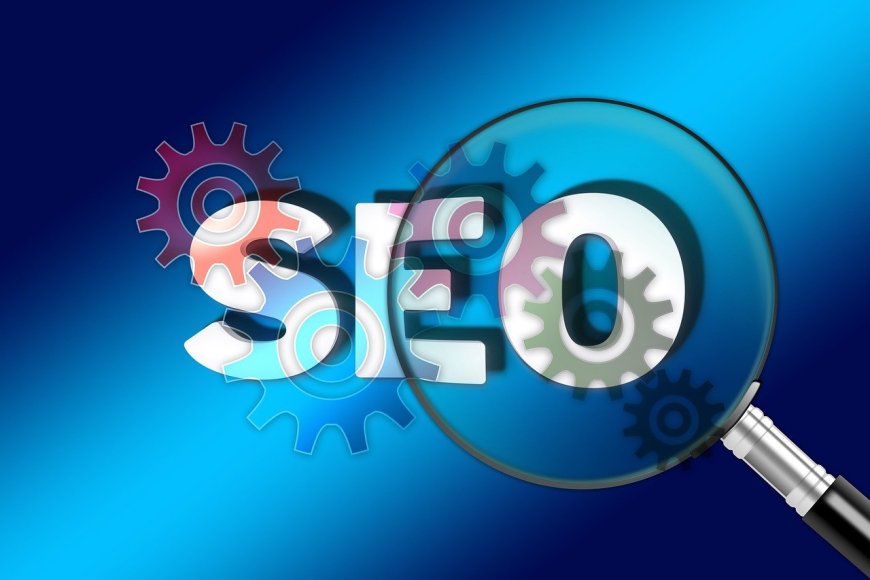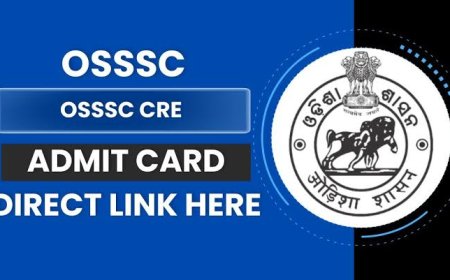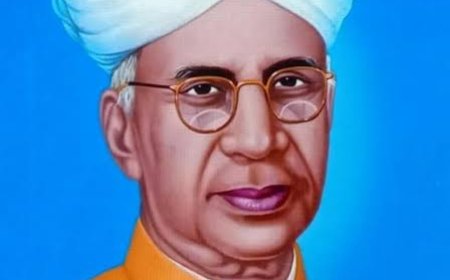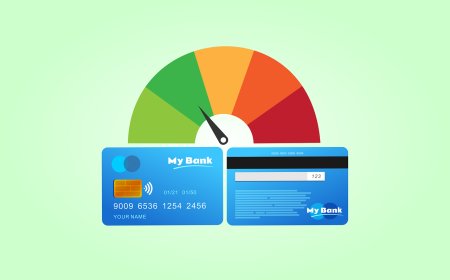The Comprehensive Guide to Online and Offline SEO
The Comprehensive Guide to Online and Offline SEO

**The Comprehensive Guide to Online and Offline SEO**
Search Engine Optimization (SEO) is a critical aspect of digital marketing, vital for ensuring that your website ranks well on search engines like Google, Bing, and Yahoo. SEO can be broadly classified into two categories: online (or on-page) SEO and offline (or off-page) SEO. Understanding and implementing both these strategies effectively can significantly enhance your website's visibility and organic traffic. This guide provides a detailed overview of both online and offline SEO, covering essential techniques, strategies, and best practices.
## Online SEO
Online SEO, also known as on-page SEO, involves optimizing individual web pages to rank higher and earn more relevant traffic from search engines. This optimization occurs directly within your website and includes a variety of elements such as content, HTML source code, and website architecture.
### Key Components of Online SEO
1. **Keyword Research and Optimization**:
- **Research**: The foundation of any effective SEO strategy is thorough keyword research. Tools like Google Keyword Planner, Ahrefs, and SEMrush can help identify high-volume and low-competition keywords relevant to your niche.
- **Placement**: Once keywords are identified, they should be strategically placed in titles, headers, meta descriptions, URLs, and throughout the content.
2. **High-Quality Content**:
- **Relevance and Value**: Content should be relevant, valuable, and provide answers to users' queries. High-quality content attracts backlinks and engages users, reducing bounce rates.
- **Format and Readability**: Use headings, subheadings, bullet points, and short paragraphs to enhance readability. Including images, videos, and infographics can make content more engaging.
- **Regular Updates**: Regularly updating content keeps it fresh and relevant, which can improve rankings.
3. **Meta Tags and Descriptions**:
- **Title Tags**: Title tags should be unique, descriptive, and include primary keywords. They are crucial for both SEO and click-through rates.
- **Meta Descriptions**: Meta descriptions should provide a brief summary of the page's content, enticing users to click through from search engine results pages (SERPs).
4. **URL Structure**:
- **Simplicity and Keywords**: URLs should be simple, readable, and include relevant keywords. Avoid using complex parameters and excessive length.
5. **Internal Linking**:
- **Navigation and Hierarchy**: Internal linking helps search engines understand the structure of your website and establish a hierarchy. It also aids in distributing page authority across your site.
6. **Mobile Optimization**:
- **Responsive Design**: Ensure your website is mobile-friendly with a responsive design. Mobile optimization is critical as a significant portion of web traffic comes from mobile devices.
7. **Page Speed**:
- **Loading Times**: Fast-loading pages improve user experience and reduce bounce rates. Tools like Google PageSpeed Insights can help identify and fix issues slowing down your site.
8. **User Experience (UX)**:
- **Navigation and Layout**: A well-structured site with easy navigation enhances user experience, encouraging longer visits and more interactions.
- **Interactive Elements**: Features like comment sections, social sharing buttons, and interactive media can boost engagement.
### Best Practices for Online SEO
- **Optimize Images**: Compress images and use descriptive file names and alt text.
- **Use Schema Markup**: Implementing schema markup can enhance your listings with rich snippets, improving CTR.
- **Secure Your Website**: Use HTTPS to secure your site, as it is a ranking factor.
- **Create a Sitemap**: A sitemap helps search engines crawl and index your site efficiently.
## Offline SEO
Offline SEO, also known as off-page SEO, refers to actions taken outside of your own website to impact your rankings within SERPs. This primarily involves building backlinks, but it also encompasses various other strategies aimed at enhancing your site's authority and trustworthiness.
Offline SEO refers to the strategies and techniques used to improve a website's search engine rankings that occur outside of the internet. Here are some key aspects of offline SEO:
1. **Brand Building:** Creating a strong and recognizable brand can lead to more branded searches and online mentions, which can boost SEO.
2. **Public Relations (PR):** Engaging in PR activities like press releases, media coverage, and speaking engagements can generate offline buzz that translates to online mentions and backlinks.
3. **Networking and Relationships:** Building relationships with industry influencers, bloggers, and other businesses can lead to collaborations and online mentions.
4. **Event Marketing:** Hosting or sponsoring events can increase brand awareness and result in online content creation, such as blog posts, news articles, and social media mentions.
5. **Print Media:** Getting featured in newspapers, magazines, and industry journals can enhance your credibility and may lead to online mentions.
6. **Word of Mouth:** Encouraging satisfied customers to talk about your brand can lead to increased online searches and social media mentions.
7. **Local Engagement:** Participating in local events and activities can boost your local SEO by increasing local searches and generating online reviews.
By focusing on these offline activities, you can indirectly influence your online SEO and improve your website’s visibility in search engine results.






































